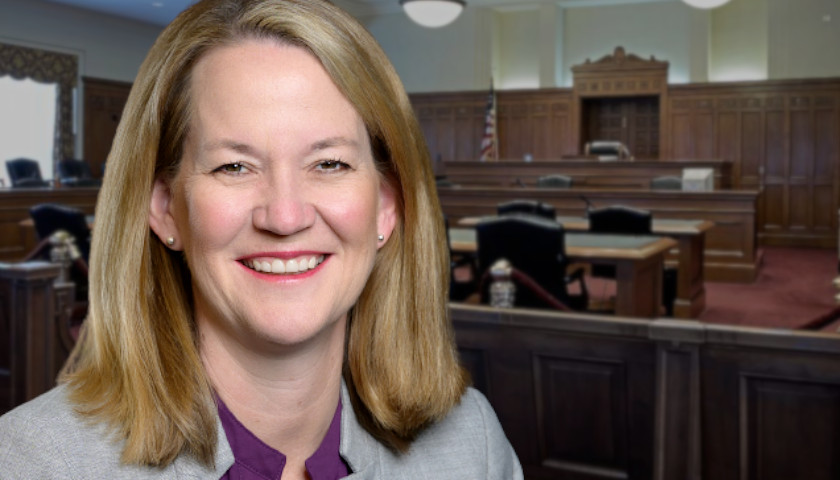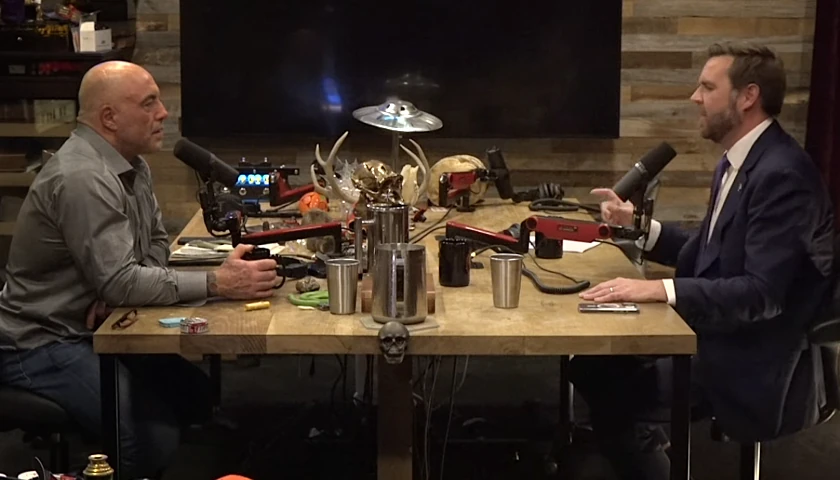by Madeline Armstrong
A hearing regarding Arizona “fake electors” wrapped up Wednesday in Phoenix after three days of statements being heard from the defendants’ lawyers and the attorney general’s office.
In April, a grand jury indicted 11 Arizona Republicans and seven other individuals that were aides to former President Donald Trump of allegedly forging a document denying the 2020 presidential election results, claiming that Trump had won Arizona, when in fact he lost to President Joe Biden by 10,457 votes, and sent the statement to the National Archives.
At this time, only two individuals have resolved their cases, with the others all pleading not guilty. Now, the remaining defendants are arguing that according to a newly amended anti-SLAPP law in Arizona, the case should be thrown out all together.
In 2022, the Arizona Legislature amended the anti-SLAPP law, which bars prosecutions intended to silence free speech, to include criminal prosecutions. The defendants say that the case falls into this category.
According to the defendants’ lawyers, the indictment was “politically motivated” and infringed on their right to free speech, claiming that signing their names on the document and submitting it to the archives was not criminal, but an act of free speech.
“It’s extraordinary relief to dismiss a criminal case because of a constitutional violation,” said Maricopa County Superior Judge Bruce Cohen via News 11 Yuma.
Christina Bobb’s lawyer said that there has been close to no evidence that she was part of a conspiracy to “overthrow the election,” saying that she did not sign the document and that she has only spoken out her views on the election.
He said that the court should dismiss Bobb’s charges, as they did with former Trump attorney Jenna Ellis “because she shouldn’t be here and this is destroying her life.”
Ellis was dismissed from all nine felony charges after signing a cooperation agreement with the attorney general’s office.
Arizona Attorney General Kris Mayes’ attorneys addressed the court on Wednesday after listening to the statements from the defendants.
“Today, my prosecutors addressed the court in the fake electors case in response to the defendants’ motions to dismiss the charges,” said Mayes (pictured above) in a statement following Wednesday’s hearing. “These motions are a distraction and an attempt to deflect from the facts of this case and muddy the waters in the public eye. Let me be clear: the indictments in this case were not politically motivated. They were the result of a thorough, lengthy, and professional investigation carried out by experienced and dedicated law enforcement officers and prosecutors.”
Mayes further stated that the actions they have been charged with are not actions of free speech, but criminal conduct.
“This case is not about the defendants’ First Amendment rights,” Mayes said. “The actions in question are not protected speech. The law draws a clear line between free expression and illegal conduct, and we believe the evidence shows that the defendants crossed that line. I am confident this court will see through the defendants’ groundless arguments and reject these attempts to distort the facts of this case.”
Cohen will now review the filed documents and determine whether the defendants’ have independently convinced him that the indictment was intended to limit their First Amendment rights, at which point the state will be required to prove how the action was based on law.
However, a trial date for the defendants has already been set for Jan. 5, 2026, so whether the case is to be thrown out or not will have to be determined by then.
– – –
Madeline Armstrong is a reporter at The Center Square.









